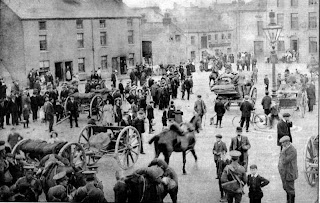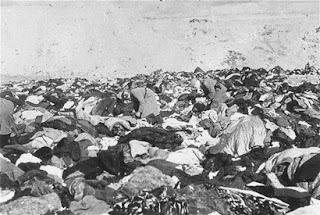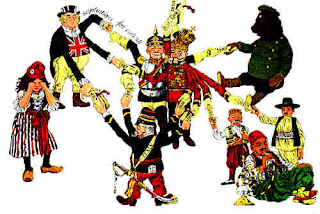If the history of the world is a play, then power is the main character of the plot. Everything in history has changed according to power. Power has many definitions that lead in to one result which is; ability to change. The one who has power can change the view of the society and change the lives of other people. There has been some major events relating to the usage of power and the one who had the power and it started in the 1800’s as the Industrial Revolution began, followed by imperialism and conflicts such as the Russian Revolution
When people realized that key to success was education, their lives changed from slow motion to fast motion. Inventions were created and new ideas were developed. Instead of cottage industry, people started working in factories for more profit and efficiency. Systems such as assembly line and division of labor were developed for commodities. Soon, capitalism came into existence. According to Adam Smith, who wrote The Wealth of the Nations, capitalism is when people act in own self interest and rewarded on what your job is. Even though the wealthy though that the idea was logical, the poor got poorer as the working condition worsened and the wages lowered.
As the competition between the wealthy and powerful countries increased, imperialism began. Imperialism was the policy by a stronger nation to attempt to create an empire by dominating weaker nations. To become more powerful than other countries, the European countries exploited Africa to spread their religion, the steal raw materials and for cheap labor. The term “scramble for Africa” was used when the Europeans started dividing Africa between them, redrawing the boundary lines between countries without asking the natives who lived in the land. The lives of the people living in Africa were completely changed as they had to change their culture and lives according the European countries. The idea of slavery increased along with hatred for each other that had been unsolved by the imperialists still remain in parts of Africa.
However, the competition between the powerful countries never ended. Each country had high nationalism for their own country and made alliances in order to decrease the number of competitors. Sooner or later, World War 1 and 2 started between the two sides; countries that supported capitalism and the countries that supported communism. Unlike capitalism where one is allowed to have personal property, communism demands for equality and no personal property. The capitalists countries ended up winning. After all, communism was found to be full of flaws as even though the main purpose of communism was for equality, Stalin, the powerful leader of Soviet Union who helped the people of Russia to get rid of the Czar, became rich even though the laborers were still suffering from harsh conditions.
What is now is all thanks to power that had changed the course of history along the way. Its capacity to change the value of the society and the view of the world has impacted the world more than anything else. Even though the effects may have been negative, there still were positive effects. The result in power depends on the one who uses it and how it is balanced out.









